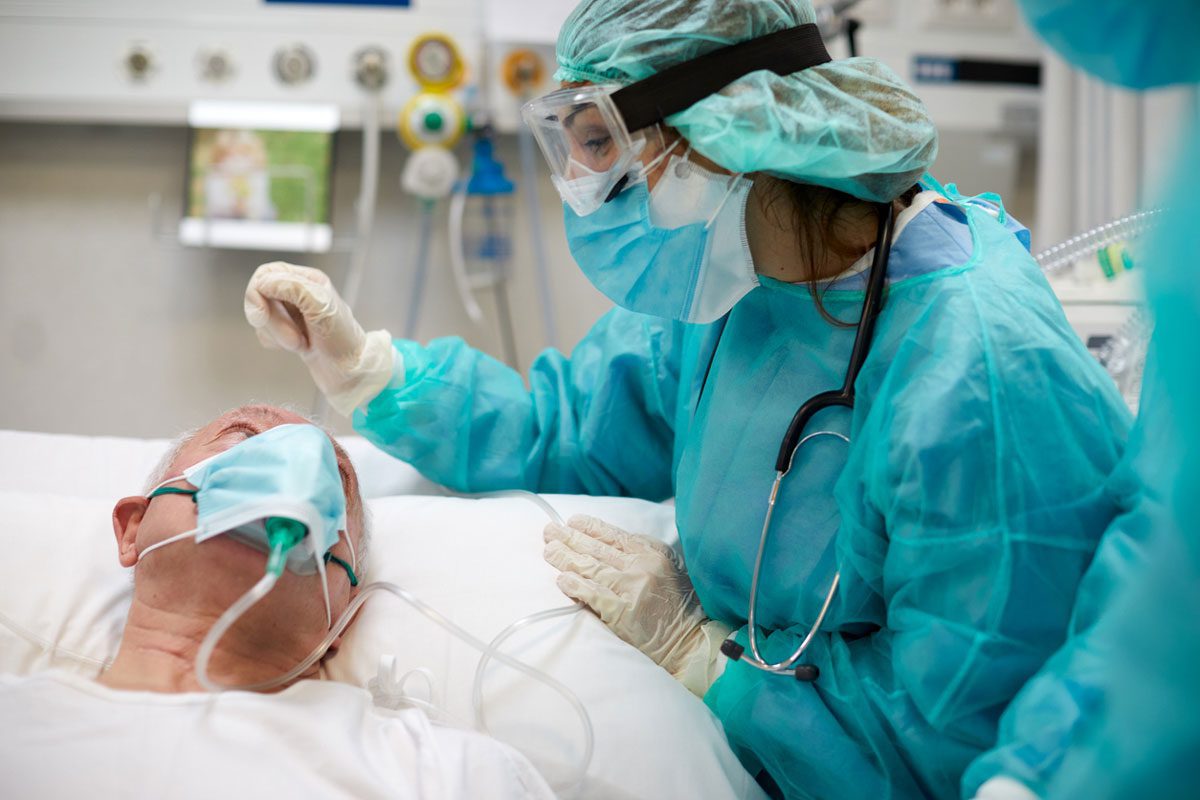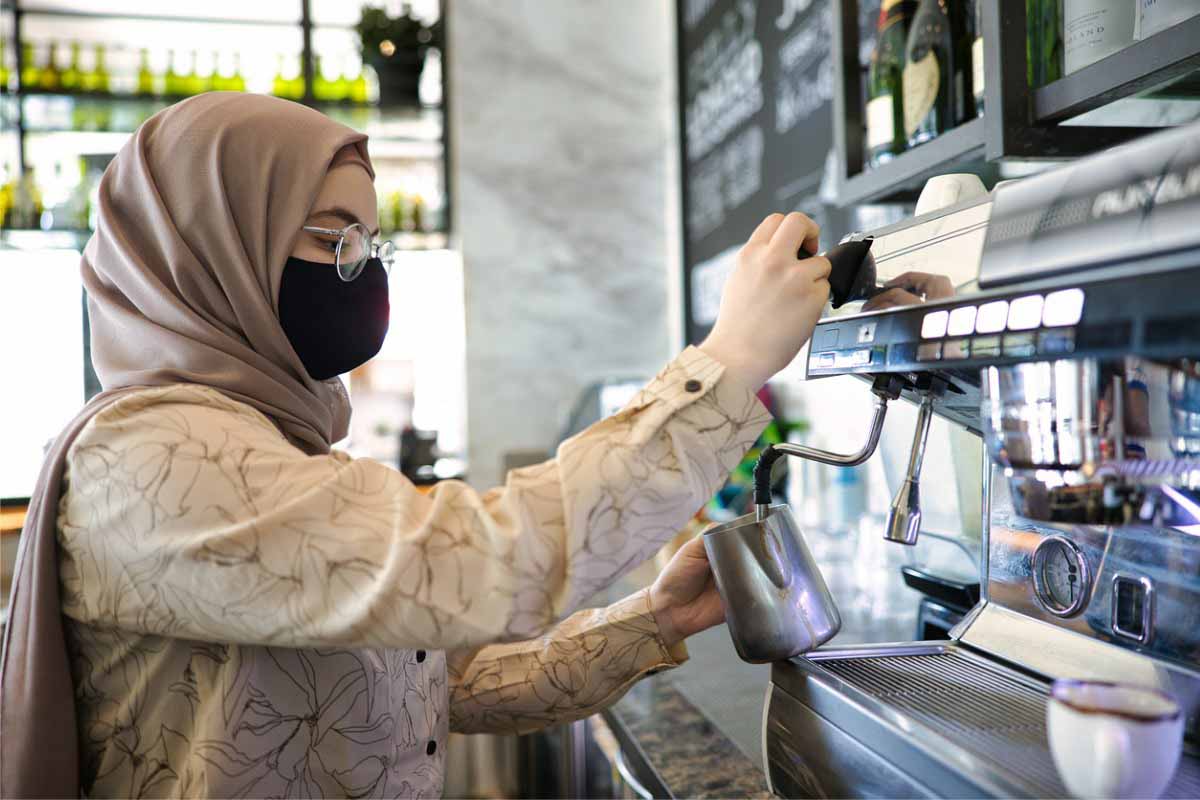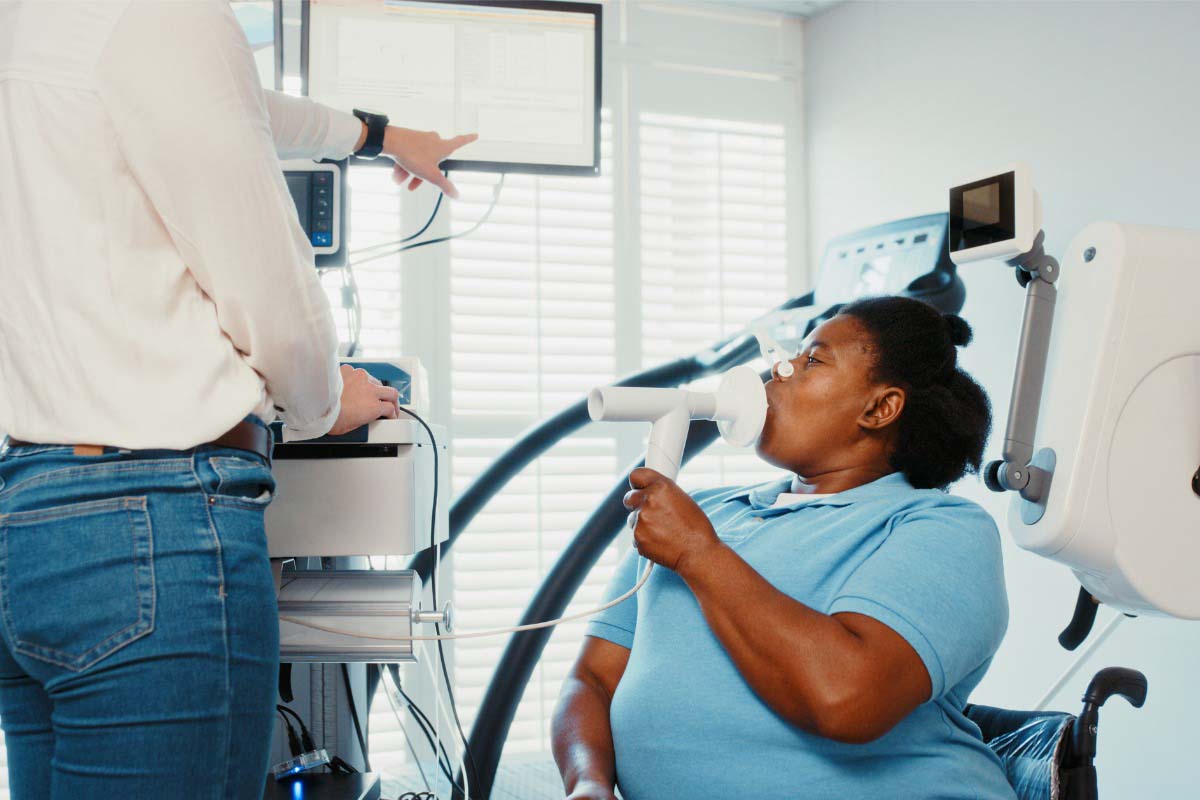ABSTRACT
Objective: To explore the impact of lockdown due to coronavirus disease 2019 (COVID-19) on the subjective well-being of migrant workers staying in a shelter home in India.
Methods: A total of 54 residents of the shelter home participated in this exploratory survey study. Baseline assessments included sociodemographic profile, the Subjective Well-Being Inventory (SUBI), and the Perceived Stress Scale. The participants were reassessed with the SUBI after 2 weeks of staying in the shelter home. The survey was administered April 11 to May 10, 2020.
Results: The mean ± SD age of the participants was 23.54 ± 11.68 years, and the majority were men and in the age group 21–30 years (45%). At baseline assessments, the mean ± SD stress level score was 17.39±4.62. The mean ± SD SUBI score was 81.44 ± 4.62 at baseline and increased to 100.65±5.95 after 2 weeks of staying in the shelter home.
Conclusions: The survey findings demonstrate that the levels of subjective well-being among participants improved after their physical and mental health needs were met during their stay in the shelter home. The findings could help policy planners and senior public health administrators minimize gaps to better understand the multiple issues related to the subjective well-being of this population.
Prim Care Companion CNS Disord 2022;24(1):21m02991
To cite: Singh GP, Arun P. Subjective well-being among migrant workers residing in a shelter home during lockdown: a pilot survey from North India. Prim Care Companion CNS Disord. 2022;24(1):21m02991.
To share: https://doi.org/10.4088/PCC.21m02991
© Copyright 2021 Physicians Postgraduate Press, Inc.
aDepartment of Psychiatry, Government Medical College and Hospital, Chandigarh, India
*Corresponding author: Gurvinder Pal Singh, MD, Department of Psychiatry, Government Medical College and Hospital, Chandigarh, India 160030 ([email protected]).
Subjective well-being refers to the level of satisfaction experienced by an individual in all aspects of daily life. Diener et al1 highlighted that subjective well-being was an important aspect of psychological disposition during the adversities of life. Primarily, subjective well-being comprises 3 components: positive affect, negative affect, and life satisfaction. Similarly, Suh et al2 suggested that major negative life events influence life satisfaction, which is a major component of subjective well-being. Subjective well-being helps an individual attain levels of homeostasis or equilibrium in various areas of life. In India, on March 24, 2020, a nationwide lockdown was imposed due to coronavirus disease 2019 (COVID-19) that required people to stay at home. This measure led to a massive exodus of migrant workers who had to walk from the major cities to their home villages.3 The migrant workers faced multiple challenges of inadequate housing, inadequate food, poor sanitation, and lack of security during their journey back to their homes. This event might have influenced their subjective well-being. There is a lack of studies assessing the impact of COVID-19 lockdown on the perception of stress levels and subjective well-being among migrant workers in developing countries. Hence, a pilot survey was planned to determine perceived stress levels and subjective well-being scores among migrant workers residing in a shelter home during lockdown due to the COVID-19 pandemic.
METHODS
This exploratory survey study was conducted among migrant workers staying in a temporary shelter home located in the village of Maloya, Chandigarh, India. The participants were informed about the survey and its objective. Informed consent was received from all participants before the survey tools were administered. The study was approved by the director and the ethics committee of the institution. The study population consisted of all migrant workers residing in the shelter home who provided consent. Those who refused to participate, had language problems, or were aged < 18 years were excluded from the study. A total of 54 adults participated in the survey, which was administered April 11 to May 10, 2020.
The participants were administered 3 assessment tools, which included (1) a sociodemographic sheet, (2) the Perceived Stress Scale (PSS),4 and (3) the Subjective Well-Being Inventory (SUBI).5 The PSS has 10 items and assesses the perception of stress in the last month. The SUBI comprises 40 items to be answered on a 3-point scale. After providing the basic amenities and ensuring that both their physical and mental health needs were met, the migrant workers were reassessed with the SUBI after staying in the shelter home for 2 weeks. The data were collected and statistically analyzed with SPSS 20.0 for Windows.
RESULTS
The mean ± SD age of the participants (n = 54) was 23.54 ± 11.68 years, and the majority were men in the age group of 21–30 years (45%). The mean ± SD stress level score was 17.39 ± 4.62. PSS scores were in the mild range in 68.52% (n = 37) of participants, and 32.46% (n = 17) had PSS scores in the moderate range. Of 54 participants, 9 had incomplete information for the SUBI. Therefore, they were excluded, and data of 43 participants were analyzed at baseline and after 2 weeks of stay in the shelter home. The mean ± SD scores on the SUBI increased from 81.44 ± 4.62 points (n = 43) at baseline to 100.65 ± 5.95 points (n = 43) after 2 weeks. The participants did not provide consent for reassessment of perceived stress level measures after 2 weeks. The study participants only subjectively reported that they now had low stress levels due to the provision of all amenities and a home-like environment in the shelter home.
DISCUSSION
The purpose of this survey was to evaluate the subjective well-being of migrant workers during the lockdown in India. When the migrant workers first arrived at the shelter home, their subjective well-being was low as evident from baseline scores on the SUBI. Changes in infrastructure and amenities provided to them brought about a substantial change in their subjective well-being. They found the facilities to be adequate and were satisfied to be receiving food and to have clean facilities for self-care, including separate toilets. The mean ± SD SUBI score increased to 100.65 ± 5.95 after staying 2 weeks in the shelter home. Some of the workers responded that although the shelter home amenities were not like those they were used to at home, they were trying to adjust. Subjective well-being is a potential parameter of the overall health of an individual and is a precondition of growth motives, positive impact on health and health perception, and problem-solving capacity.1,2 Lockdown due to the COVID-19 pandemic exposed migrant workers not only to various extrinsic pressures stemming from their occupation, the economy, and family members but also induced intrinsic passivity and loneliness without family accompaniment. All these factors together may induce psychological distress in migrant workers; however, this was minimized by fulfilling their basic needs.
The majority of the participants were male and in the age group of 21–30 years. The findings were consistent with those of previous cross-sectional and cohort studies.6–8 In a previous study conducted in China,6 a low level of subjective well-being was reported among migrant workers. All the migrant workers in the present study had a mean stress level in the range of mild to moderate on the PSS.
The present study demonstrates that timely intervention to look after the basic physical and emotional needs of migrant workers improved their subjective well-being. The positive effect of subjective well-being on migrant workers was evident in the perceived mild levels of stress due to lockdown. These mild stress levels could be due to migrant workers with moderate subjective well-being scores perceiving stressful events as more benign and improvable and thus feeling less dispirited and passive, enabling them to cope appropriately with the lockdown. The present findings also provide confirmatory evidence for previous study results6,7 suggesting that a higher subjective well-being buffers the effect of life stressors.
The strength of the present survey study included the use of standardized scales and a strong methodology. Also, this was the first time such a study was conducted in north India in the naturalistic setting of a shelter home. The limitations include a single setting in Chandigarh and a small sample size. However, these preliminary findings suggest that in future pandemics in other parts of India, various conditions associated with subjective well-being of migrant workers need to be addressed to minimize their suffering. The findings of this pilot survey could help policy planners and senior public health administrators minimize gaps to better understand the multiple issues related to the subjective well-being of migrant workers.
CONCLUSION
Changes in infrastructure and amenities provided to migrant workers during lockdown brought about a substantial change in their subjective well-being. Mean subjective well-being inventory measures improved among migrant workers after staying 2 weeks in the shelter home during the lockdown.
Submitted: April 16, 2021; accepted June 18, 2021.
Published online: December 30, 2021.
Potential conflicts of interest: None.
Funding/support: None.
Clinical Points
- Subjective well-being is an important component of life satisfaction.
- Higher subjective well-being in migrants has a buffering effect on stressful life events.
- Provision of infrastructure changes in environmental living conditions and basic amenities improved the subjective well-being of migrant workers.
References (8)

- Diener E, Suh EM, Lucas RE, et al. Subjective well-being: three decades of progress. Psychol Bull. 1999;125(2):276–302. CrossRef
- Suh E, Diener E, Fujita F. Events and subjective well-being: only recent events matter. J Pers Soc Psychol. 1996;70(5):1091–1102. PubMed CrossRef
- Mandyam N. 60,000 migrants in Bengaluru not getting ration kits despite govt promise. Times of India website. Accessed December 2, 2021. https://timesofindia.indiatimes.com/city/bengaluru/60k-migrants-in-city-not-getting-ration-kits-despite-govt-promise/articleshow/74937979.cms
- Sell H, Nagpal R. Assessment of subjective well-being: the Subjective Well-Being Inventory (SUBI). Regional health paper, SEARO 24. Geneva: World Health Organization; 1992.
- Cohen S, Kamarck T, Mermelstein R. A global measure of perceived stress. J Health Soc Behav. 1983;24(4):385–396. PubMed CrossRef
- Chen H, Wang L, Wei Y, et al. The potential psychological mechanism of subjective well-being in migrant workers: a structural equation models analysis. Int J Environ Res Public Health. 2019;16(12):2229. PubMed CrossRef
- Li J, Chang SS, Yip PS, et al. Mental wellbeing amongst younger and older migrant workers in comparison to their urban counterparts in Guangzhou City, China: a cross-sectional study. BMC Public Health. 2014;14(1):1280. PubMed CrossRef
- Wu N, Dai J. Relationship between living environment and subjective well-being of residents in Dongtai City, Jiangsu province. Environ Occup Med. 2018;35:729–734.
Enjoy this premium PDF as part of your membership benefits!






